Sydney, 19 Rabiul Akhir 1437/29 January 2016 (MINA) – Australia needs to increase economic engagement with its closest Asian neighbour or miss losing one of the most important economic opportunities over the next decade, Australia’s opposition treasurer believes.
Though Australia and Indonesia have closely engaged in relation to terrorism and, in particular, people smuggling,
building economic and trade relations must be “close to the top of our lists” as the country’s economy overtakes Russia, Germany and France in size.
“Put simply: Australia and Indonesia could both benefit if we did more together,” Australian shadow treasurer Chris Bowen told the Australia-Indonesia Business Council in Brisbane on Friday.
As world policy makers focus their attention on the trade “axis that runs between India, Indonesia and Australia” as Asian demographics change and China transitions to consumption-led growth, “there will be plenty of economic opportunities for both Australia and Indonesia,” Bowen said.
Also Read: UAR Deploys 14 Volunteers to Aceh for Search, Rescue and Humanitarian Response
The Asia Pacific middle class is expected to grow from 600 million to over 3 billion within the next 35 years, according to the Organization for Economic Cooperation and Development (OECD), increasing opportunities for Australia’s high value agriculture and professional services sectors, Mi’raj Islamic News Agency (MINA) quoting Xinhua as reporting.
However, government leaders believe the Australian public is unaware of the opportunities knocking on their doorstep, something Australia’s Trade Minister Andrew Robb said is “frustrating”.
“We are so blessed here. We’re a first world country amidst a whole lot of developing and emerging economies,” Robb said at the launch of Blackmore Ltd’s new baby formula in mid January.
Part of the problem, as Bowen understands it, is the Australian-Indonesian relationship is “transactional” and “thrown off track” by what would otherwise be “minor irritants” between nations who better understand each other.
Also Read: BNPB Deploys Aircraft to Deliver Emergency Aid to Flood-Hit Areas in Aceh
“It will take nothing short of a sea-change in approach from governments, educational institutions and business to get the level of engagement we need,” Bowen said.
“A nation signals its interest and respect by its level of cultural and linguistic engagement, and we are falling behind.”
Asian language proficiency
Most of Australia’s Asian language proficiency has come from immigration, not education, Bowen said, noting more students studied Indonesian at school in 1972 than do now.
This issue was also noted at last year’s Boao Forum for Asia summit in Sydney when Price Waterhouse Coopers Deals and Asia Practice Leader Andrew Parker told delegates his clients seek global insights but delivered in a culturally sensitive way.
Also Read: MER-C Medan Deploys Medical Team to Support Flood Victims in Sumatra
“That really then speaks to the issue of talent, where do you get that talent, how do you train that talent, what kind of
talent do you need,” Parker said.
“Diversity is such an important issue… (Australia) is behind on our language capability, language studies in our
schools… and we need to do something about that.”
Though Bowen himself is undertaking Indonesian language studies by distance at the University of New England, he said politicians also needed to take responsibility for lifting Asian language proficiency instead of saying “most decision makers in Asia speak English”.
“This approach borders on arrogant,” Bowen said.
Also Read: 174 Dead, 79 Missing in Hydrometeorological Disasters in Indonesia
“I look forward to the day when an Australian politician speaking Indonesian is as unremarkable as an Indonesian law maker
speaking English.
“Then we will all be able to remark that Australia and Indonesia are better working together.” (T/R07/R01)
Mi’raj Islamic News Agency (MINA)
Also Read: Power Outage Hits Entire Aceh, Residents Flock to Coffee Shops to Charge Phones








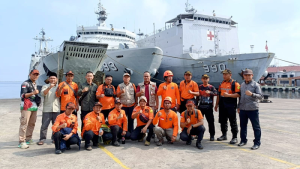
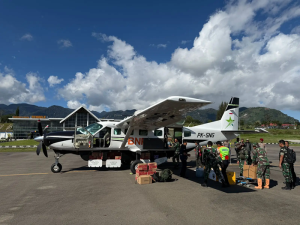




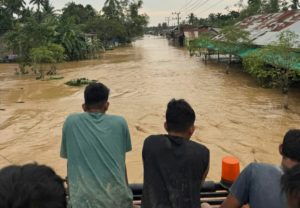
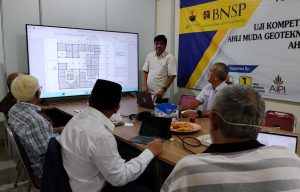

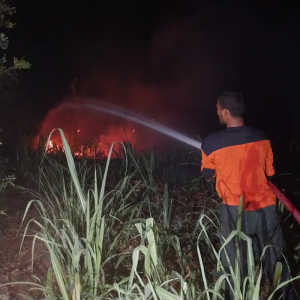














 Mina Indonesia
Mina Indonesia Mina Arabic
Mina Arabic